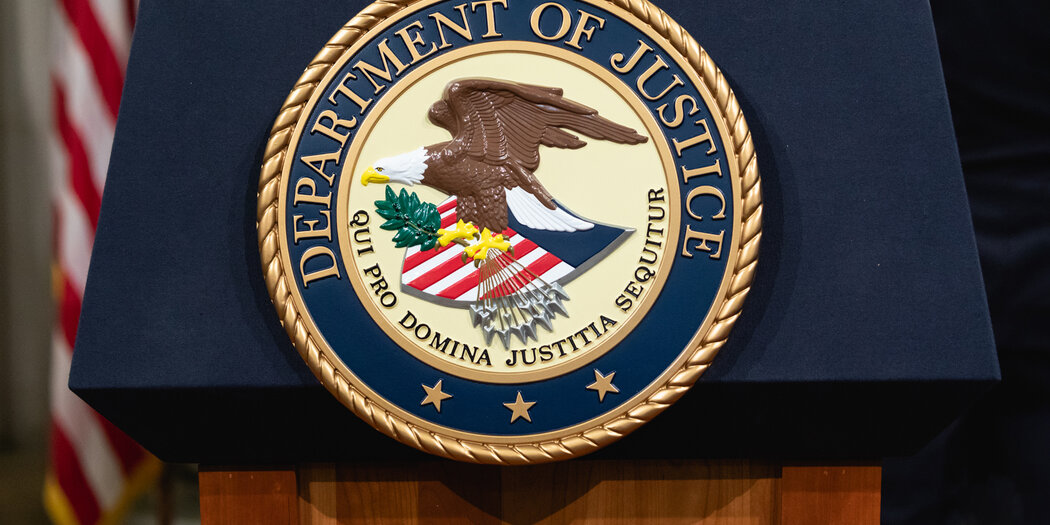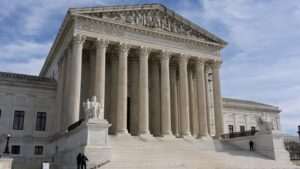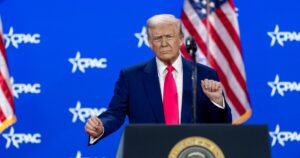The resignation of Manhattan’s interim U.S. attorney over a directive to dismiss corruption charges against New York City Mayor Eric Adams has raised questions reminiscent of the Watergate era. Following the case’s transfer to the Public Integrity Section in Washington, several attorneys in that unit also resigned, drawing parallels to the “Saturday Night Massacre” during Nixon’s presidency.
This event marks the first challenge to new policies introduced by Attorney General Pam Bondi, which some argue compromise the Justice Department’s independence by integrating the President’s personal and political interests into its operations. Bondi’s policies aim to reshape the department to align more closely with the President’s objectives.
One of Bondi’s memos, titled “Restoring the Integrity and Credibility of the Department of Justice,” paradoxically creates a “Weaponization Working Group” to probe individuals and entities viewed as adversaries by President Trump, including Special Counsel Jack Smith, the Manhattan district attorney, and others involved in past investigations.
The second memo emphasizes loyalty to the President’s agenda, warning of disciplinary actions against attorneys who do not actively promote or defend the administration’s goals. These memos are part of a broader campaign that includes an executive order aiming to investigate alleged “weaponization” of federal authorities during the previous administration.
In a series of sweeping actions, the Justice Department has dismissed and reassigned numerous career lawyers prosecuting former cases involving the President, further emphasizing political loyalty over professional integrity. Such moves have sparked concerns about the department’s ability to maintain its role as an impartial enforcer of justice.
Historically, the Justice Department has adhered to principles laid out post-Watergate by then-Attorney General Griffin Bell, who insisted on insulating legal decisions from political pressures to preserve public confidence in the department’s neutrality. Bell emphasized that the department should remain a “neutral zone,” free from political influence.
Currently, the department faces unprecedented challenges to these principles. The decision to drop the case against Mayor Adams was justified by the administration on political grounds, stating that it would allow the mayor to focus on the President’s immigration agenda, without evaluating the legal merits of the case.
The “Weaponization Working Group” and its activities align with President Trump’s campaign promises to investigate and act against his perceived adversaries, raising concerns about the department’s objectivity. This initiative appears designed to report directly to the White House, signaling a significant departure from established norms of Justice Department independence.
The memos and subsequent actions have prompted fears about the erosion of public trust in the Justice Department’s objectivity and the undermining of democracy’s foundational principle that law enforcement should not be influenced by politics. They also challenge the integrity of career civil servants, prioritizing political allegiance over ethical judgment.
The repercussions of these developments are uncertain, with potential legal challenges and public backlash on the horizon. However, the department’s current trajectory suggests a crisis of confidence, as its ability to serve as a nonpartisan entity is increasingly called into question. As Bell once noted, the public’s trust in the justice system is invaluable, and maintaining it is crucial for democracy.






